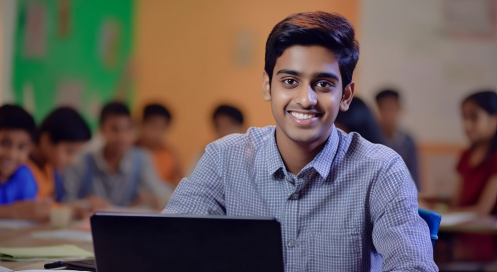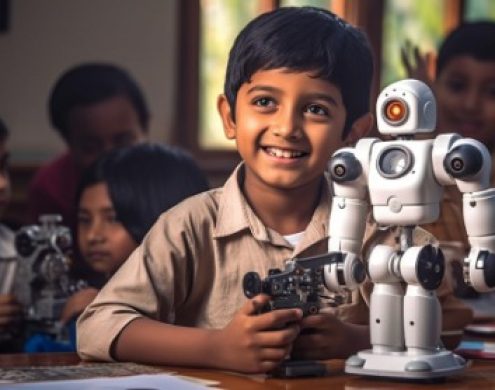Currently Empty: $0.00

What are 21st Century Skills?
The 21st century has brought rapid advancements in technology, communication, and globalization, transforming how we work, learn, and interact. In this ever-evolving world, the ability to adapt, think critically, and solve complex problems has become more important than ever. Enter 21st-century skills—an essential set of abilities that prepare individuals to thrive in modern life.
Defining 21st-Century Skills
21st-century skills refer to a broad set of knowledge, skills, work habits, and character traits necessary for success in today’s world. These skills go beyond academic knowledge and focus on fostering creativity, collaboration, critical thinking, and communication—often referred to as the “4Cs.”
These skills are not only crucial for individuals navigating education and the workforce but are also critical for global citizenship and lifelong learning.
The Core Categories of 21st-Century Skills
Learning Skills (The 4Cs)
Critical Thinking: The ability to analyze information, evaluate evidence, and solve complex problems. Critical thinking is essential for making informed decisions and addressing real-world challenges.
Collaboration: The ability to work effectively with others, respecting diverse perspectives. In a connected world, teamwork is critical in achieving shared goals.
Communication: Clear and effective communication skills, both verbal and written, are necessary for conveying ideas, building relationships, and persuading others.
Creativity: Encourages innovation and the ability to think outside the box. Creativity is at the heart of solving problems in unique ways and driving progress in any field.
Literacy Skills
Information Literacy: Understanding how to find, evaluate, and use information effectively. This is particularly important in an age of misinformation.
Media Literacy: The ability to critically analyze media messages and understand their influence.
Technology Literacy: Proficiency in using digital tools and understanding their role in shaping society and industries.
Life Skills
Flexibility: Adapting to new situations and challenges is crucial in a rapidly changing world.
Leadership: Inspiring and guiding teams toward shared objectives.
Initiative: The drive to take action, pursue opportunities, and make things happen.
Productivity: Effectively managing time, resources, and tasks to achieve goals.
Social Skills: Building meaningful relationships and working harmoniously with others.
Why Are 21st-Century Skills Important?
The world today is vastly different from that of a few decades ago. Automation and artificial intelligence are reshaping industries, and globalization has created a more interconnected society. In this landscape, academic knowledge alone is no longer sufficient.
Preparing for the Future Workforce: Many traditional jobs are disappearing, replaced by roles that require advanced problem-solving, digital skills, and creativity.
Global Citizenship: With challenges like climate change, social inequality, and technological ethics, individuals need critical thinking and collaboration skills to contribute positively to society.
Lifelong Learning: In a world where change is constant, the ability to learn, unlearn, and relearn is invaluable.
How to Develop 21st-Century Skills
For Students
Engage in collaborative group projects.
Explore creative hobbies like art, music, or coding.
Participate in activities that require critical thinking, like debates or simulations.
For Educators
Design lessons that integrate the 4Cs.
Use technology tools that promote interactivity and engagement.
Provide feedback that fosters self-improvement and initiative.
For Parents
Encourage curiosity by asking open-ended questions.
Provide access to books, games, and apps that build literacy and problem-solving skills.
Model flexibility and a positive attitude toward learning.
21st-Century Skills and the Sustainable Development Goals (SDGs)
These skills align closely with the SDGs, a global framework to address pressing challenges like poverty, inequality, and environmental sustainability.
For example: Critical Thinking aids in addressing climate change.
Collaboration fosters partnerships for global progress.
Creativity drives innovation for sustainable solutions.
By integrating 21st-century skills into education and society, we equip individuals to play a vital role in achieving these goals.
21st-century skills are more than a trend—they are essential tools for navigating an increasingly complex world. Whether you’re a student, educator, or parent, fostering these skills is an investment in a brighter future. By embracing critical thinking, creativity, collaboration, and communication, we prepare not only for the challenges of today but also for the opportunities of tomorrow.
Empower yourself or your students with these transformative skills and step confidently into a world filled with endless possibilities.


